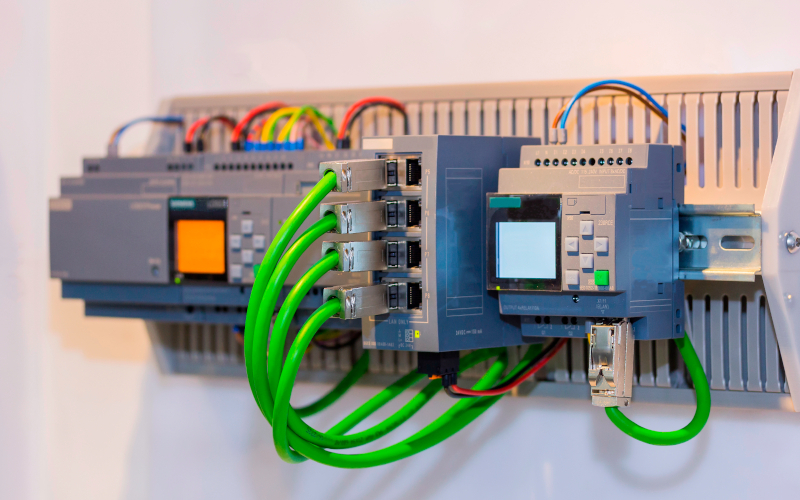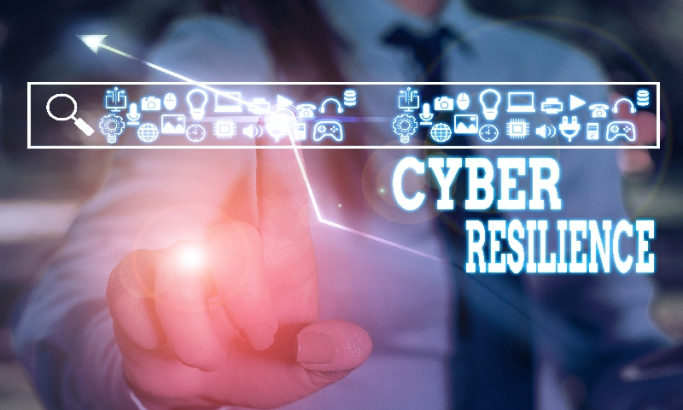
Technical reporting is one of the most important parts of the completion of a task, as it reflects the results of all the work done. Moreover, it does not only constitute a final deliverable for a customer, or for the decision-makers within an organization, but also acts as the link between the person or team that has carried out the task and the decision-makers, based on the findings.

Currently, there is a constant evolution in the technologies and implementations made in Industrial Control Systems. On one hand, some of the most common implementations for the improvement of industrial systems infrastructures are digitalization and the use of cloud technology. On the other hand, the increase in communication protocols and IIoT devices (due to the growth of the Industry 4.0) generates a large volume of traffic that is difficult to control and secure.

The programming of PLCs is a fundamental part of the initial phases when building and designing industrial plants. About that environment, the company will base all its operations in that environment making the configuration of these controllers a critical element. When it comes to programming these devices there are a series of steps and best practices that take advantage of the native functionalities available and that involve little or no need to resort to a PLC programmer, protecting the device in a simple way with minimum spend on resource.

Organisations are exposed to the consequences of cyber threats, and may be ill-prepared to face and manage cyber incidents, whether provoked or unprovoked. For this reason, in 2014 INCIBE launched its Indicators for the Improvement of Cyber Resilience (IMC) model, with the aim of improving and understanding the state of cyber resilience in organisations.

Demilitarized zones, also known as DMZs (demilitarized zones), are used for the secure exchange of information between computers on a network that we want to protect and an external network that needs to access those computers. DMZs are widely used in the IT sector and also in the OT sector, but the equipment and services they host are not exactly the same.

The security of control systems can be threatened from different aspects, with the end device being the most important attack vector. With this in mind, the IEC, within the 62443 standard, wanted to emphasise devices by preparing a document exclusively concerning their security: IEC62443-4-2. This document contains different technical requirements to improve the security of the types of assets that can be found in a control system.

The continuity of the production process in businesses that require industrial automation depends more and more on the proper functioning, safety and reliability of the system of that composes it. Therefore, conducting tests of acceptance of its operation prior to its commissioning, is vital to ensure that the systems acquired meet the requirements set out in the contract between the company and the manufacturer.

Monitoring and analyzing security incidents in Industrial Control Systems (ICS) has been a priority for many organizations for a while now. As a response to this need, and given the great success in other areas specialized in cybersecurity, the MITRE organization has developed a matrix that collects many of the tactics, techniques and procedures detected in the industrial world. This article seeks to make the contents and potential uses of said matrix known.

All organisations must be prepared so that, after the impact of a cyberattack, it may change, improve and adapt its processes and services. For this reason, it is necessary to protect the main business processes using a set of tasks that allow the organisation to evolve after a serious incident to redesign its strategies and minimise the possible impact of future cyberattacks

It is necessary to protect the main business processes through a set of tasks that allow the organisation to recover from a major incident in a timeframe that does not compromise the continuity of its services. This ensures a planned response to any security breach.



